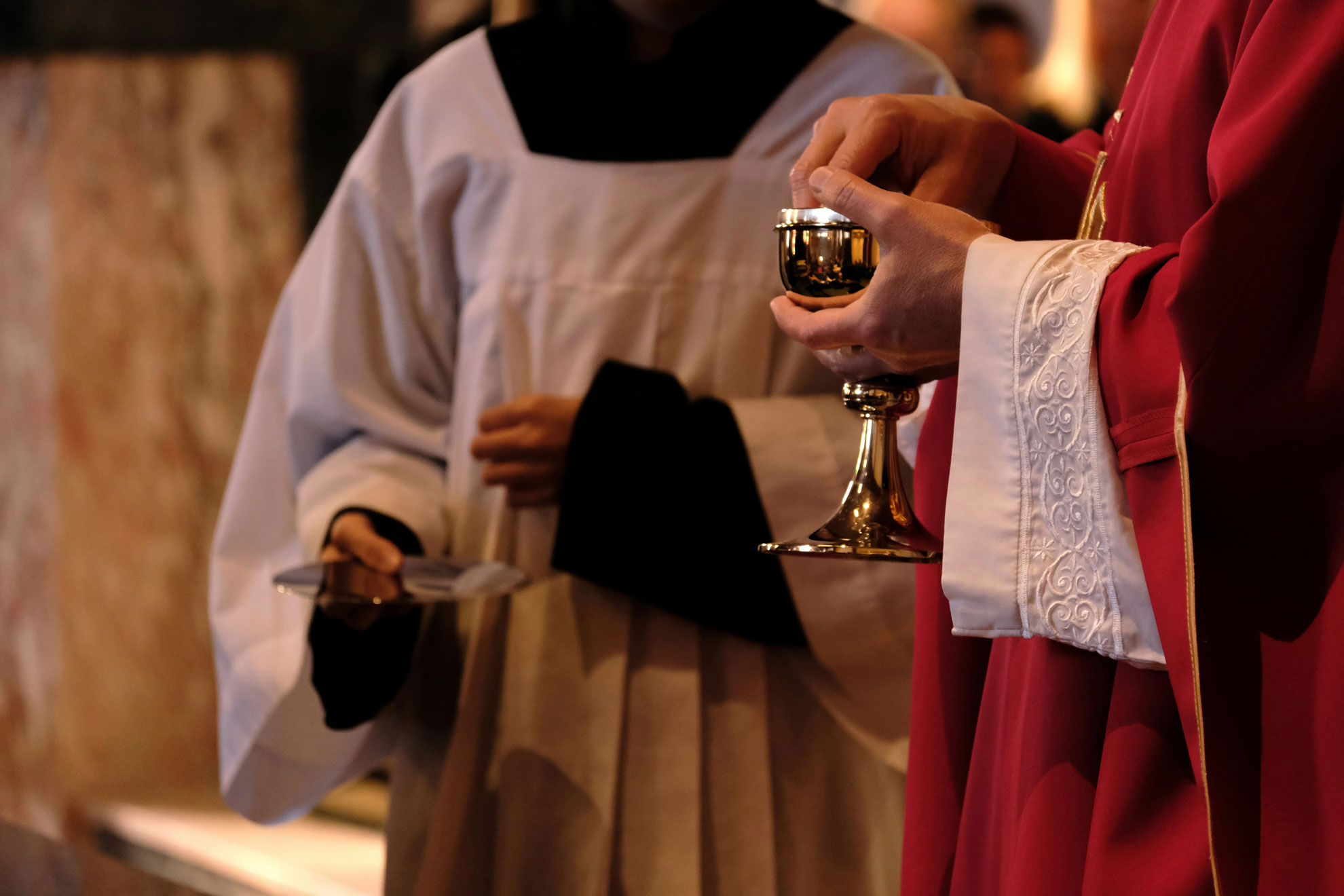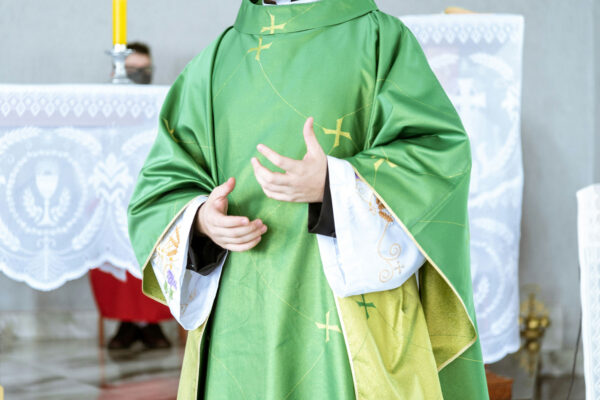Governance in the Diocese of Cairns ensures ethical, legal, and strategic oversight through structured leadership and accountability. Members of governance bodies are bound by a Code of Conduct and must act with integrity, diligence, and transparency in fulfilling their responsibilities.
Governance Structures
What is Governance?
Governance encompasses the system by which an organisation is monitored and operates, and the mechanisms by which it, and its decision-makers, are held to account. Ethics, risk management, compliance and administration are all elements of governance.
Good governance is essential as it ensures that the day-to-day work of the Diocese aligns with and contributes to achieving the Diocesan purpose and staying true to our vision and mission. Civil and federal laws and the code of canon law are followed to ensure governance is compliant.
Members of the Diocesan governance bodies are individuals who together are responsible for the oversight of operations and making sure it is working towards achieving its purpose in a way that meets our ethical, legal and financial obligations.
Who can be a member of Diocesan governance?
Eligibility for appointment to Diocesan governance are outlined in the constituent documents for each governing body. Members must not have been disqualified from managing a corporation under the Corporations Act 2001 (Cth) or disqualified from being a responsible person of a registered charity by the ACNC Commissioner.
Governance Responsibilities and Ethical Standards
Members of the Diocese’s governance bodies are expected to:
- Act with care and diligence
- Act in good faith and in the best interest of the Diocese
- Not misuse their position for personal gain
- Disclose any perceived or actual conflicts of interest
All members of the Diocesan governance are bound by the Code of Conduct for Members of Diocesan Councils, Boards and Committees.
Contact us
- Email: governance@cairns.catholic.org.au
- Telephone: 07 4046 5655




